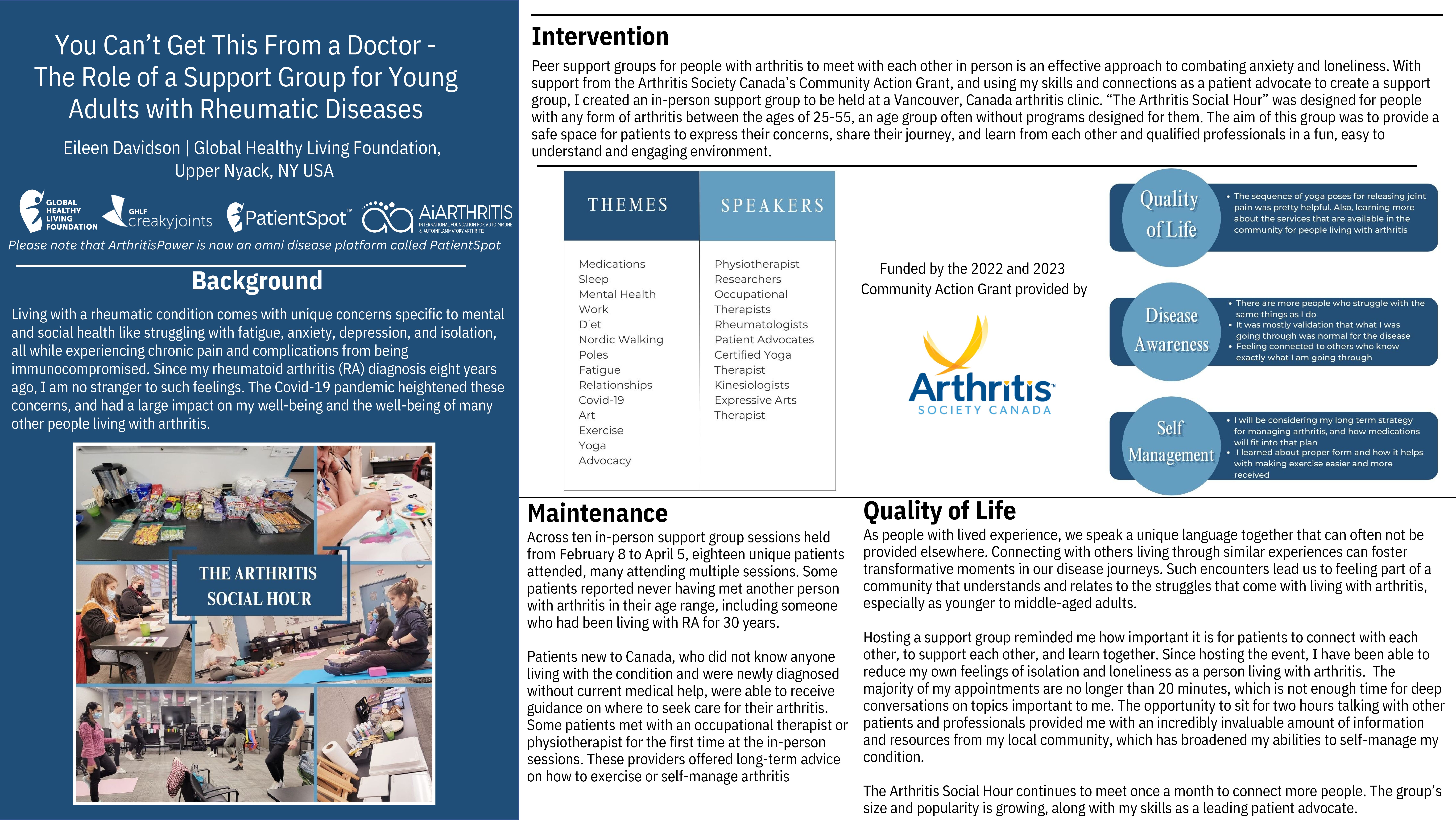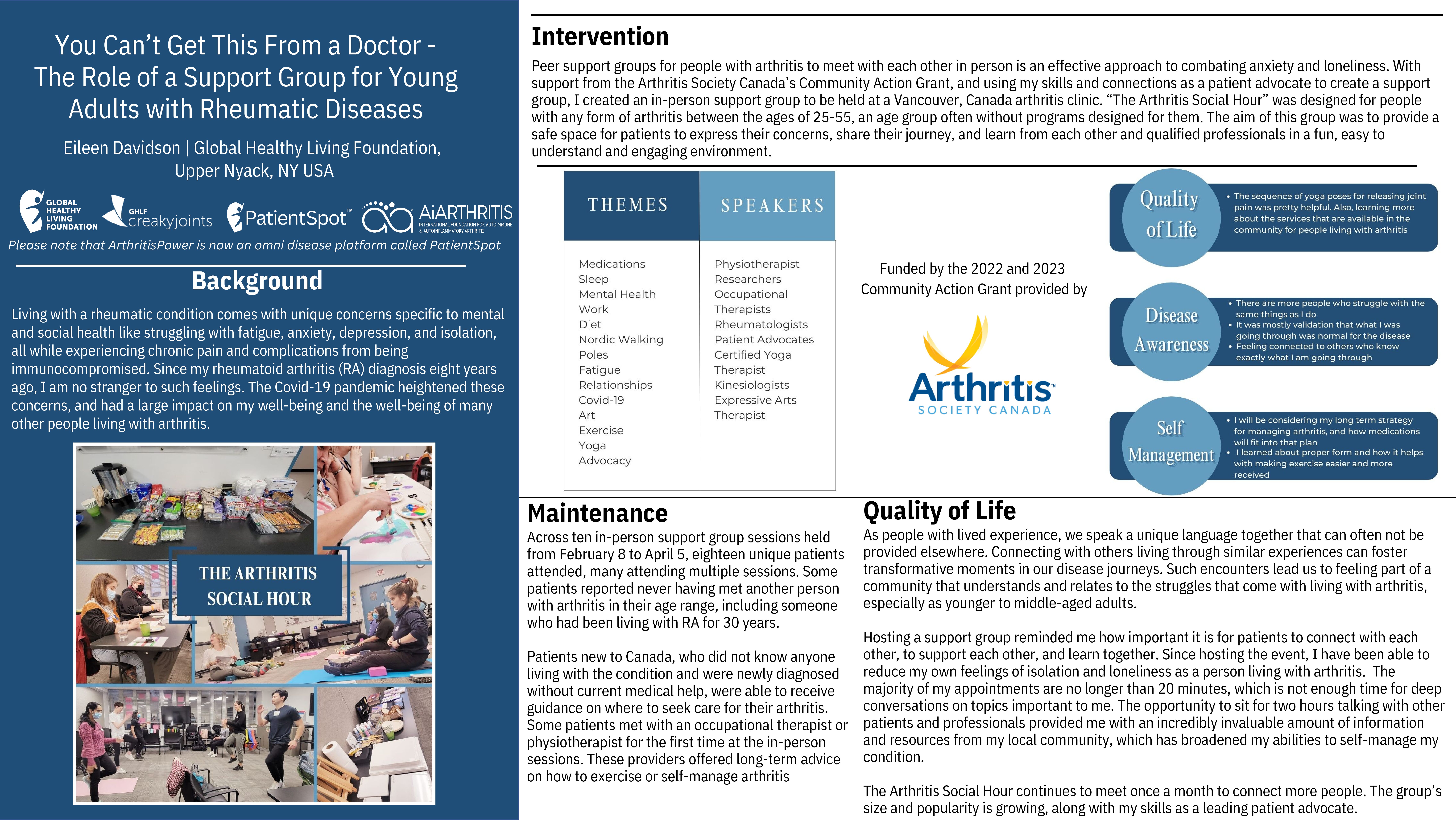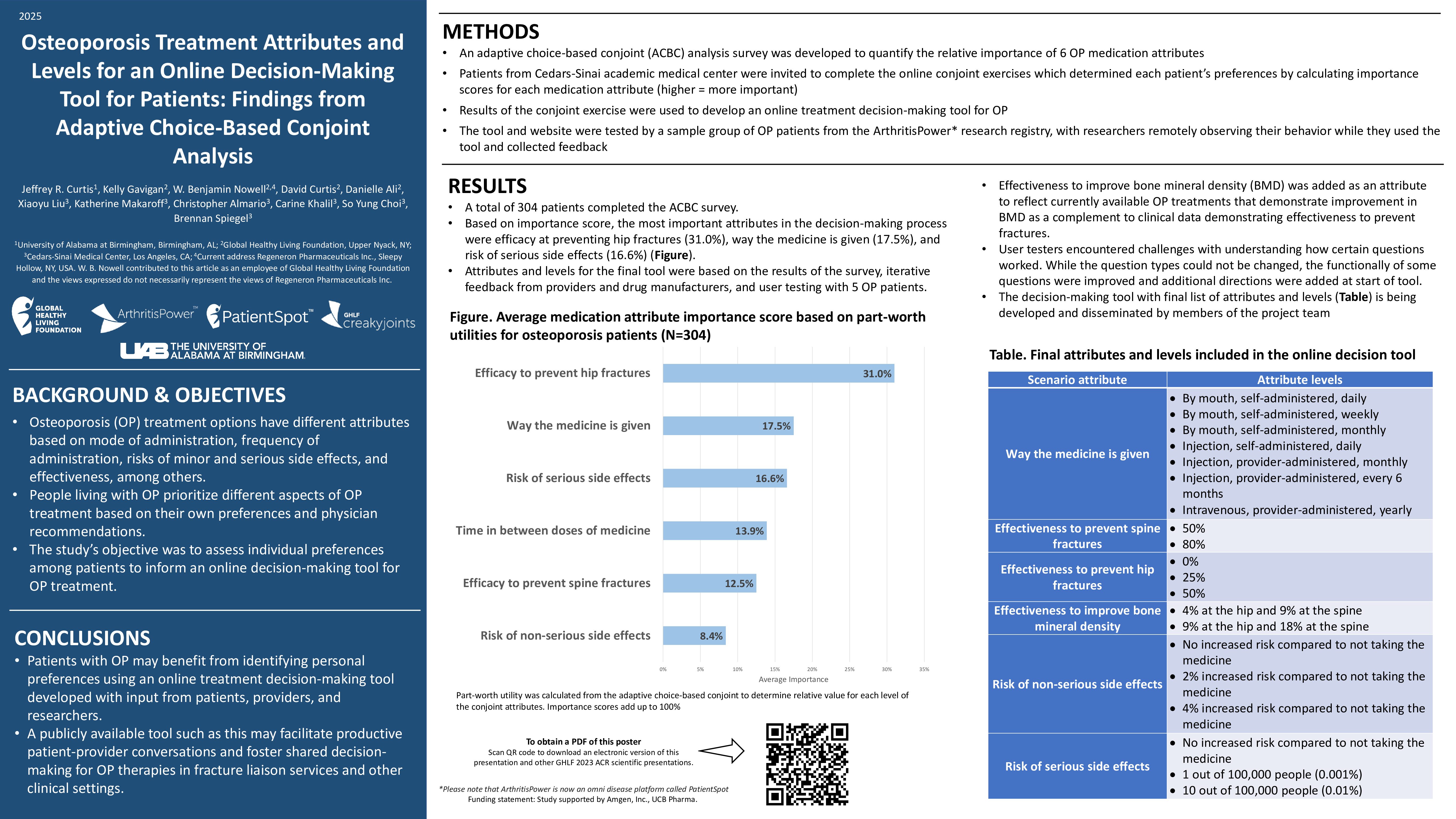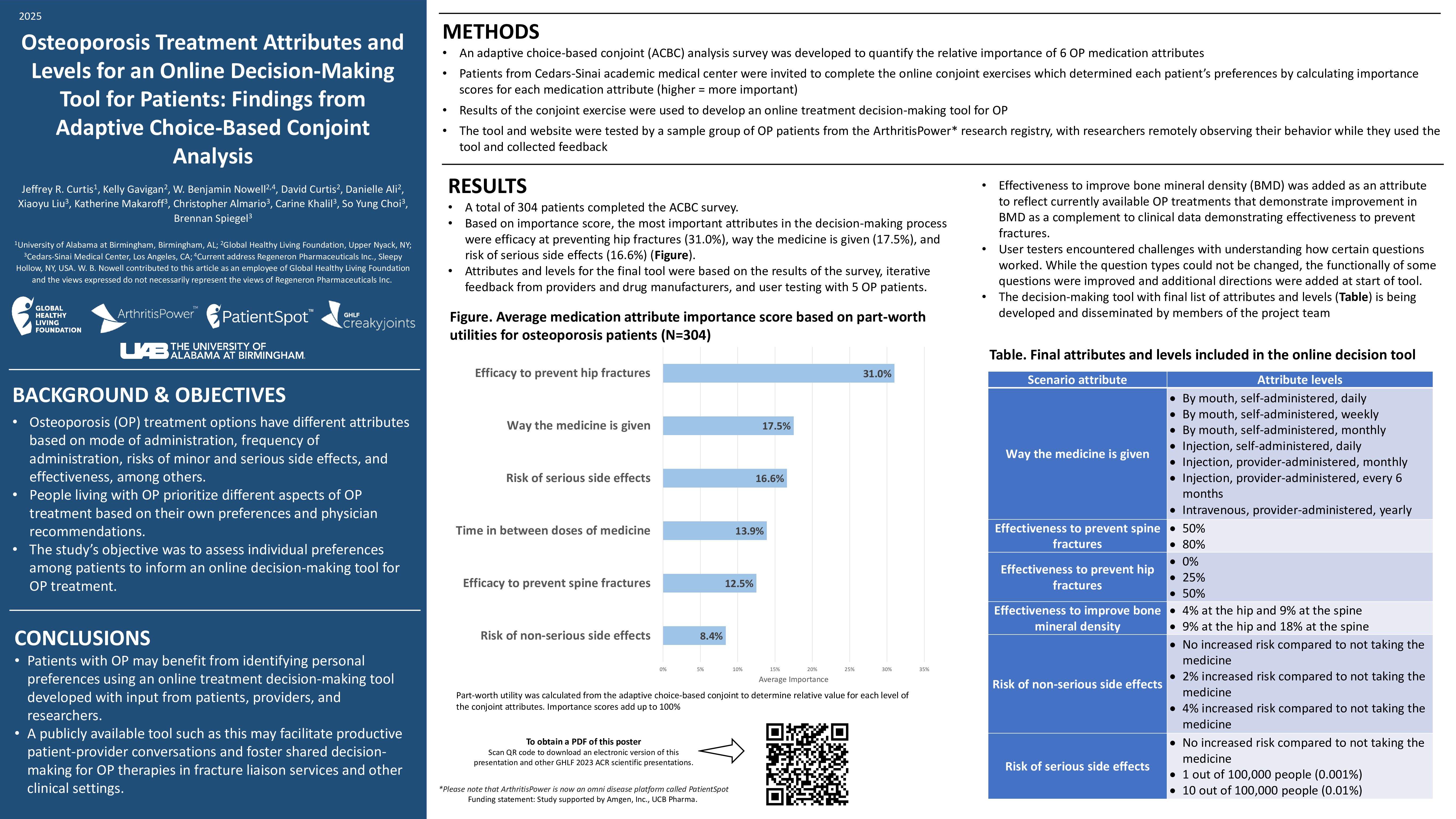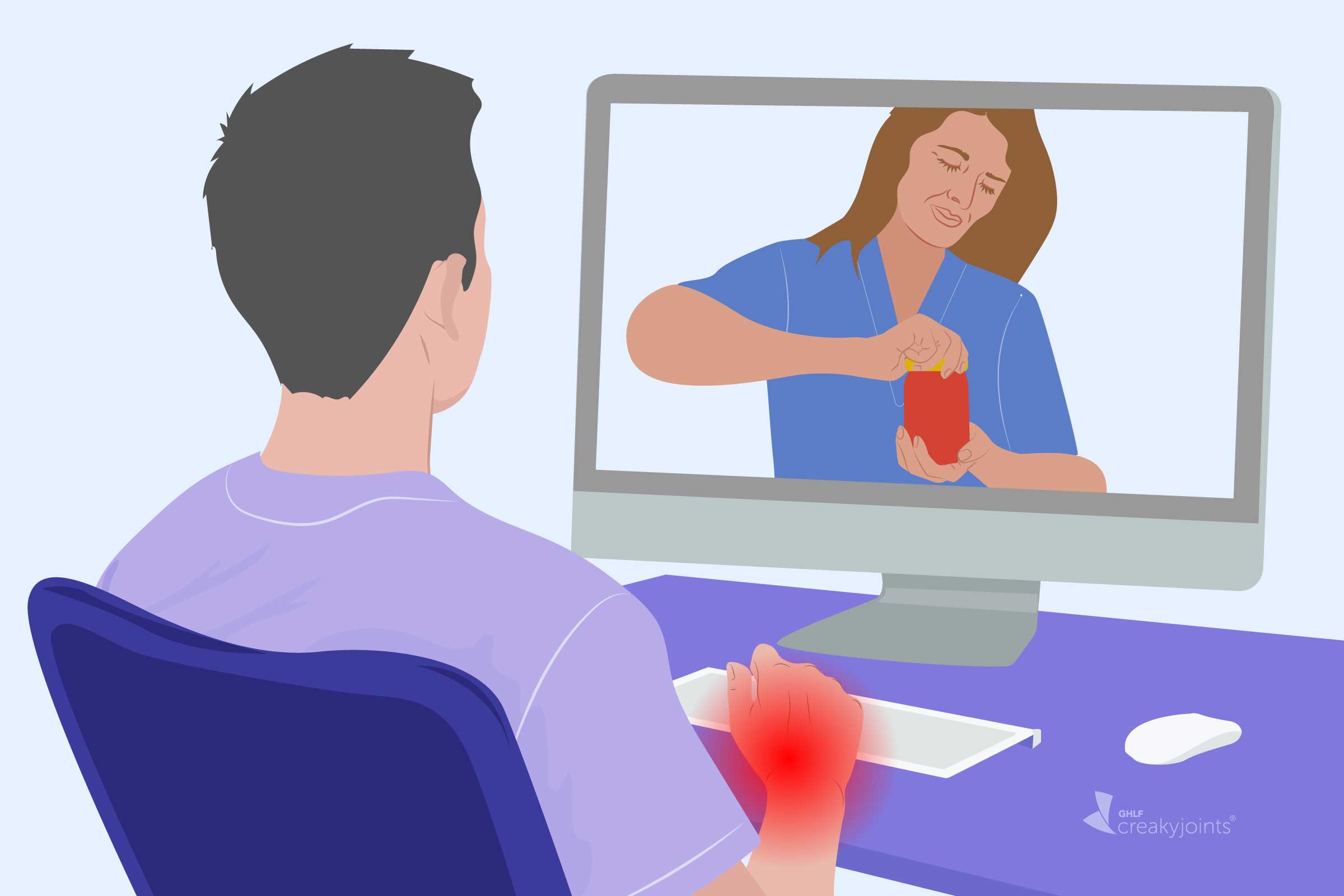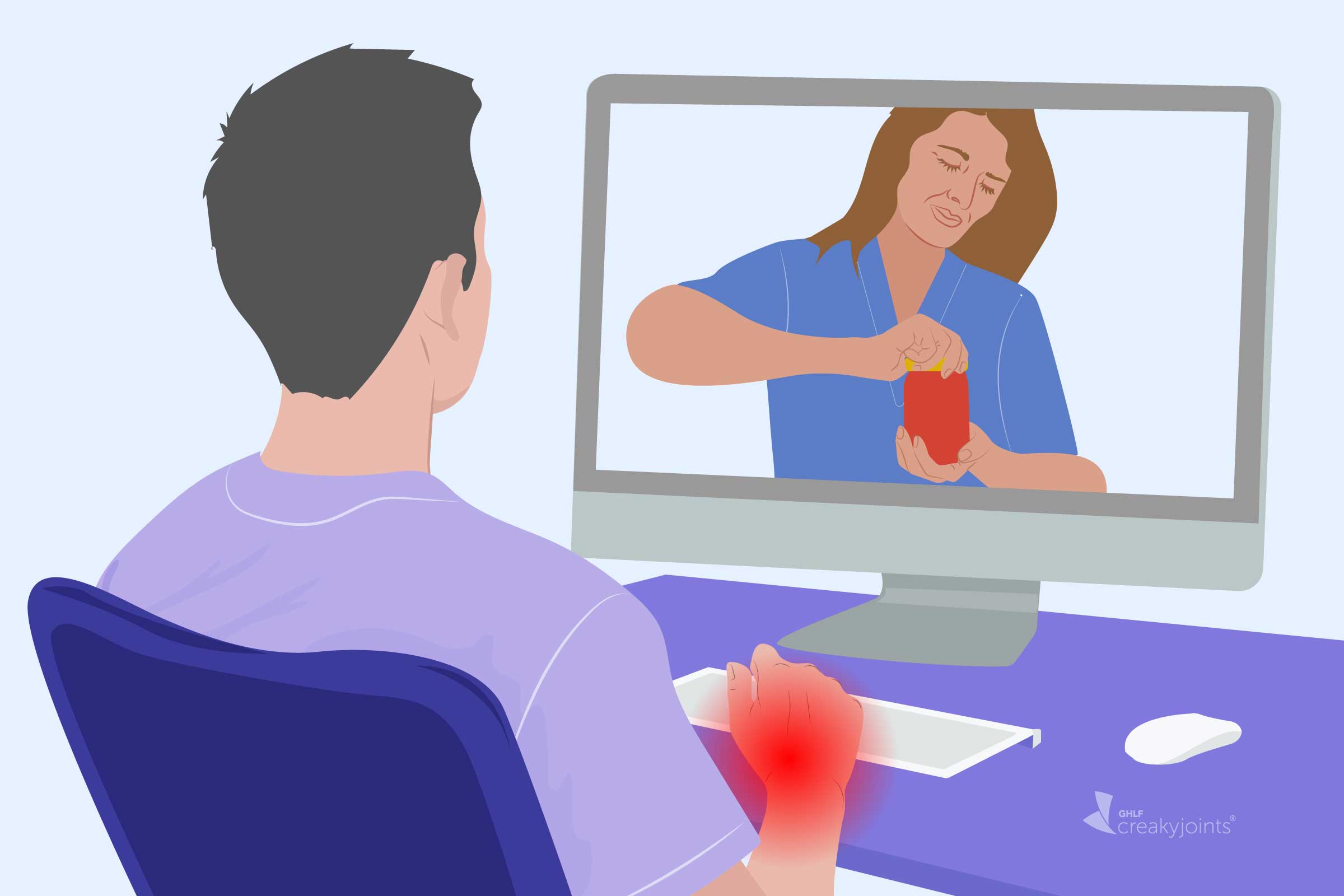

Rheumatoid arthritis — even when well controlled can be bumpy and come with many frustrations. In my seven years of knowing why my body isn’t functioning quite right I’ve had to learn to either adapt or accept some of the biggest frustrations.
I may not have solutions to all my frustrations living with RA, and that’s part of the frustration. There are constant barriers I face each day living with this damn chronic condition. Let’s be real: Living with chronic illness sucks and some days I can bust through the struggles with RA and some days I’m completely knocked down by them. I can never really tell when I wake up each day how it’s going to go. That’s reality with chronic illness.
I am a firm believer in venting because it can be incredibly cathartic when going through the darkness that chronic illness can bring into our lives. I want others going through the struggles with RA to feel validated and understood — trust me, I get it. I also want to aim this essay at educating others who may know someone going through similar frustrations.
Pinpointing the Frustrating Parts of Living With RA
If I could pinpoint the main moments where I feel at times hopeless, frustrated, mopey, depressed, anxious, or generally afraid it’s because of the grasp RA has on my daily life. Here are my top frustrations, in no particular order.
1. Other people
This can manifest in many ways — from rude ableist remarks, others shoving down positivity down our throats, constant and potentially harmful unsolicited advice or medication shaming, or medical gaslighting, just to name a few of my constant woes with others.
My frustration with others has been increasingly highlighted ever since the start of the COVID pandemic and people’s compassion fatigue increases. I was never immune to discrimination against being disabled but the pandemic has made it more common and definitely more extreme.
2. Out-of-nowhere symptoms
RA is more than joint pain, although I can assure you joint pain is incredibly debilitating on its own (I also have osteoarthritis). Rheumatoid arthritis has moments where I feel suddenly hot, feverish, foggy — and let’s not forget the unrelenting fatigue. The out-of-nowhere symptoms can ruin my plans, make me late, or have to cancel. They often cause a disruption in my life that I have to figure out how to get through daily. The out-of-nowhere symptoms not only put a damper on my day but also my son’s.
3. Painsomnia
Some nights, no matter how hard I try to get to sleep, I just can’t because of pain — even if my fatigue is raging. Pain can keep me up for hours, and when I do not sleep well, I can’t function throughout the day unless I take a nap or simplify my day. But I don’t always have the opportunity to do so. Lack of sleep increases cognitive dysfunction (aka brain fog), which is a very pesky and annoying symptom of RA that can drive me mad when I forget the simplest of things or words.
4. Medication hangovers and side effects
Medications, while they make us feel better, can also make us feel worse, especially as we are going through the trial and error of trying to find the one that works for us (so far, I’m at over a dozen different types). Even if we do find one with minimal side effects there are often still small or sometimes uncomfortable side effects for a few days. A medication hangover is when we feel like we should have been out all night partying it up but instead we had our regular medications.
5. Moving at an arthritic speed
I might be slow at certain things and need to take frequent breaks; I am only moving at arthritic speed. Unfortunately time often moves faster than my arthritic speed. I always feel behind on everything, especially after a flare. How slow or how forgetful I am can definitely trigger negative emotions about myself and my abilities. The fact that I look young and healthy can make it harder for others to understand why I even move at an arthritic speed in the first place.
6. The emotional impact
I am my own worst enemy because I am my worst critic when it comes to myself. This can make me fall down into a spiral of self-pity and guilt. Plus, being diagnosed with a disease like rheumatoid arthritis itself has devastating impacts on my mental health — from the grieving process to how inflammation increases depression. I have to grieve my old life and go along with all the new frustrations that come with living with this disability. Honestly, chronic illness is a never-ending cycle of impact on my mental health.
Being a mom with chronic illness, I can experience tremendous amounts of guilt when I see what healthy parents can provide for their children, or when I can see the impact of my disease and how it affects my son.
7. Doing one thing one day, bedridden the next
I can do next to nothing one day and feel like I’ve been hit by a truck the next. If I do have a busy day, I know I will have to plan a few mellow days after to regather my energy. It can feel incredibly overwhelming trying to juggle everyday life and any extras when I have no extra energy for daily activities that are the norm.
8. The condition guessing game
When living with a chronic illness, it is common to have multiple conditions. These are called comorbidities. Many can have similar symptoms (or new ones) but you can always guarantee there will be a guessing game on which one is causing you trouble today. These are particularly important to know because it is incredibly frustrating going to the rheumatologist and being told your labs look great, but you definitely don’t feel great.
Which condition is causing my pain and fatigue today? I have osteoarthritis, fibromyalgia, anxiety, depression, and endometriosis. Sometimes it can be difficult guessing which one of those is causing my joint pain or causing my fatigue to rage. Why does my stomach hurt? Why do I feel feverish? What are you doing now body?
9. How expensive it is to live with chronic illness
Disability pays below the poverty level where I live, so trying to get by on disability pay itself is a major stress in my life. I know many people where I live struggle to get by as it’s one of the most expensive areas to live in North America (Metro Vancouver area) — and adding the cost of medications, vitamins, supplements, treatments, and doctors that aren’t covered by disability causes extra stress. Do I want to eat and have a roof over my head, or do I want to focus on my health? It’s next to impossible to focus on both with disability pay — plus, I’m a single mother so it’s not just me I am looking after.
There are also constant hidden fees of being chronically ill. Can’t walk around anymore? Uber time. Need more masks and PPE? That’s a new expense. Forgot something somewhere now you need a new one? That adds up fast. Too tired to make dinner — even after you just bought groceries but the act of buying groceries made you too tired to cook — so you order in? That eats away at the bank account.
There is also the extra added costs of trying out new treatments or topicals or whatever many medication or supplements you try to decrease pain, lower inflammation, and increase energy. Just finding what works for us can cost us thousands of dollars.
10. The fact that chronic illness is chronic
I am constantly having to revive myself. After my period, after the nightmare that is the week before my monthly infusion, after an injury, after surgery, after an emotional disturbance or out-of-nowhere flares. I can get incredibly frustrated with how inconsistent chronic illness can make me feel.
What I Do When I Am Struggling
I don’t walk around 24/7 being strong — that’s not real. That is toxic positivity, and in the end, it doesn’t fix my problems. However, I do take steps to try to alleviate my frustrations and emotions — and they may work for you too:
- Talk to someone I feel comfortable with like a family member, friend, or another chronic illness patient.
- See a psychiatrist. It is not a shameful thing to do, in fact they can really help you with managing emotions through medications.
- See a clinical social worker and ask about types of therapy that may help me with my emotions and thoughts, including Cognitive Behavioral Therapy and Acceptance Commitment Therapy, which both have been studied in helping chronic illness patients.
- Talk to my health care team, especially an occupational therapist to help guide me through my frustrations with adaptation and tools.
- Understand that frustration is a human emotion and allow myself to feel it but try not to react to it.
Want to Get More Involved with Patient Advocacy?
The 50-State Network is the grassroots advocacy arm of CreakyJoints and the Global Healthy Living Foundation, comprised of patients with chronic illness who are trained as health care activists to proactively connect with local, state, and federal health policy stakeholders to share their perspective and influence change. If you want to effect change and make health care more affordable and accessible to patients with chronic illness, learn more here.
Watch: Asking For Help with Rheumatoid Arthritis
This video is part of an educational project from researchers at Yale University, Berkshire Medical Center, Carnegie Mellon University, Hospital for Special Surgery, CreakyJoints and the Global Healthy Living Foundation, and ArthritisPower. It was made possible with support from the Rheumatology Research Foundation. Watch more videos from this series here.





